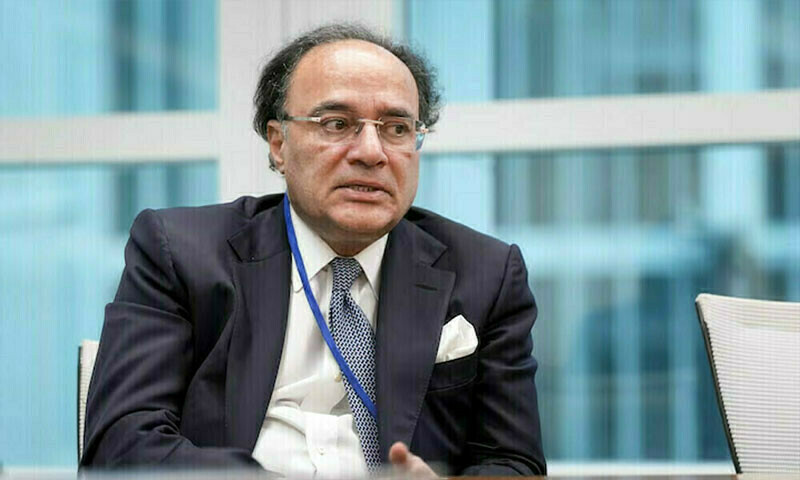ME tensions: Pakistan ready to tackle any possible crisis, says Aurangzeb
2 min readFederal Finance Minister Muhammad Aurangzeb on Tuesday said that Pakistan was well prepared to deal with any fallout from the escalating geopolitical tensions in the Middle East.
Speaking at a workshop in Islamabad, the minister stressed that the government was closely monitoring the situation and had taken preemptive measures.
According to a Business Recorder report, Aurangzeb revealed that a high-level meeting was convened on Monday with all key stakeholders to assess the country’s preparedness.
“We have ensured that essential commodities are adequately stocked, asset prices are being closely watched, and we are ready to tackle any eventuality,” he said. “If the situation worsens, we are well-positioned to take necessary actions — although we hope it doesn’t come to that.”
His remarks follow heightened concerns after renewed air strikes between Iran and Israel over the weekend, raising fears that the conflict could spread across the region and disrupt oil exports from the Middle East.
In response to the threat, Prime Minister Shehbaz Sharif on Monday formed a high-level committee to monitor the supply and pricing of petroleum products.
On the trade front, the finance minister said that he held a “very constructive and positive” meeting with US Secretary of Commerce Howard Lutnick on Monday.
He said the talks focused on improving Pakistan’s competitive position under US tariffs and deepening the strategic partnership between the two countries.
This development comes in the wake of sweeping tariffs imposed by US President Donald Trump in April, which included additional duties on several major trading partners, including Pakistan. Islamabad is now lobbying Washington to ease the 29% retaliatory tariffs levied during that period.
Aurangzeb also reiterated the government’s commitment to ongoing structural reforms in the energy sector, state-owned enterprises (SOEs), and the tax system.
“This time, we have introduced fundamental tariff reforms aimed at enhancing competitiveness and boosting our export industry,” he said.
He highlighted the financial burden of pension payments, noting that they have exceeded Rs1 trillion — a figure larger than the development budget. The government, he added, is also working to reduce the cost of debt servicing.
For the latest news, follow us on Twitter @Aaj_Urdu. We are also on Facebook, Instagram and YouTube.























Comments are closed on this story.